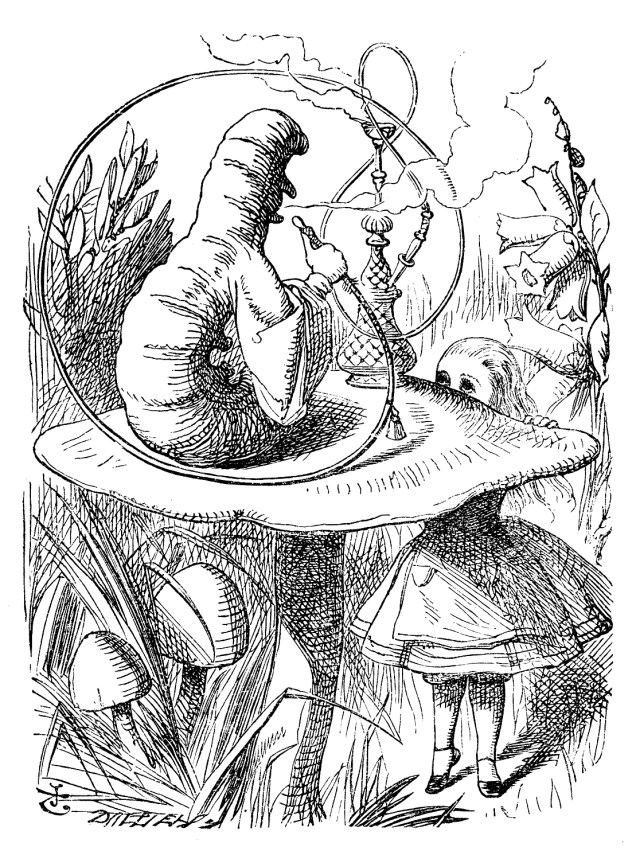If the current era were to gain a label, it might be called “The Age of Ambiguity.” Whether in self-praise or regret, there is wide agreement that nothing is clearly X or not-X. Rather, everything is a bit of both. Black and white is out. Grey is in.
Is there anything wrong-headed about this? Isn’t it simply true? In that branch of Jewish mysticism called Kabbalah, it is said that we human beings contain contradictions within ourselves, whereas angels, by contrast, are wholly good or wholly bad. So aren’t we just finally coming to accept ourselves, as the creatures of ambiguity that we really are?
Jean-Paul Sartre, the French existentialist and atheist philosopher, describes human beings as not born with a definite nature. In consequence, at each moment, we have to make ourselves up. We have to commit ourselves to something, because otherwise we’ll be mired in indecision, which itself is a decision. Whatever definition we give ourselves, in truth, we are not that. It’s a kind of pretense. We are nothing. Man is “the being that is not what he is.”
Is ambiguity the best we can do?
Not quite. If there is such a thing as “cheap grace” (Dietrich Bonhoeffer’s phrase), one might also speak of Fire Sale Ambiguity. Soren Kierkegaard is the nineteenth-century philosopher who proposed to resolve the ambiguity of the human condition via a move he called the “leap of faith.” But, before he got to the leap of faith, Kierkegaard followed the most powerful argument line he knew to the end of its string. By taking that best reasoning with utmost seriousness, he assured himself that argument could do no more for him and he was entitled to reach for the God who lies beyond the chain of reasons.
When my experience looks like a big muddle, when I’ve thought it through to the limit of my powers and I still can’t get beyond certain contradictions – a certain X and not-X — then I think, that’s God’s calling card, and I ask for guidance. But where possible, I try to bring a clarified mind to prayer. I will share my fear and distress with my Maker, but I don’t ask God to pick my socks up off the floor for me.
Like many Americans, I have more than one cultural strand and religious sympathy. Still, not every strand is good for every situation. Not every religious solution meets every doubt or need. Complexity itself calls for intensified clarity – not a melt-down into the molten mass.
Years ago, I had to defend my professional future at an Arbitration hearing. My adversaries were to be there too, at the other end of the same long table. So what was my greatest fear? It was that I would empathize with them and even with their enmity against me. They were human beings! I knew them. They were my colleagues. I liked them, as I tend to like all philosophers. I felt sorry for them. In my view, they had somehow, awkwardly, found themselves playing the part of the bad guys, the ones in the old black and white western films, with the unshaven chins, the corrugated mouths, the black hats and the swaybacked horses.
For me, it took an abrupt and painful effort of will to remind myself that I was there to testify to my side – not to every other side but my own.

